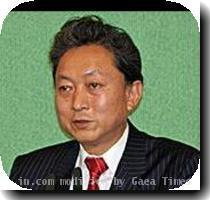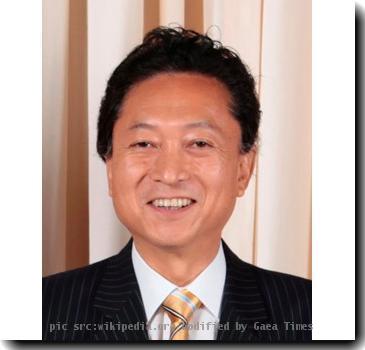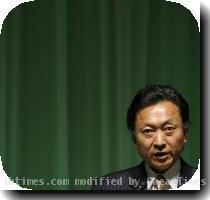Japan needs more time on relocation of major US base on Okinawa, straining US ties
By Shino Yuasa, APTuesday, December 15, 2009
Japan needs more time for decision on US base
TOKYO — Japan needs several more months to decide on the relocation of a major U.S. military base on the southern island of Okinawa, Prime Minister Yukio Hatoyama said Tuesday, a delay likely to frustrate Washington.
The U.S. had hoped for a resolution by year-end, but Hatoyama said a hasty decision would be irresponsible.
Okinawa residents complain about base-related noise, pollution and crime, and many want the airfield closed and its functions moved off the island entirely.
A 2006 reorganization plan, made under the previous conservative government, was aimed at lightening the load on Okinawa, which hosts more than half the 47,000 U.S. troops in Japan under a security pact forged after World War II.
In Washington, the U.S. Marine Corps commandant said Japan’s decision to delay the relocation of the U.S. military base was unfortunate.
Gen. James Conway told reporters Tuesday that moving forward on the base movement is “absolutely vital to the defense that we provide for the entire region.”
State Department spokesman P.J. Crowley offered a more muted response, saying President Barack Obama’s administration was willing to give Japan a little more time to deal with what he calls a complex issue. But he said talks would not be indefinite.
The delay in settling the dispute over U.S. Marine Corps Air Station Futenma also appears to be raising tensions within Hatoyama’s coalition government. Members of his Cabinet are split over the base’s future.
Under the plan, Futenma was to be moved to Nago, a less crowded part of northern Okinawa, but Hatoyama has said the relocation site could be changed — perhaps even off the island.
Part of the proposal involves moving about 8,000 Marines from Okinawa to the U.S. territory of Guam by 2014, but the U.S. military says that plan cannot move forward until Futenma’s replacement facility is finalized.
“We all understand the weight of the current agreement,” Hatoyama said. “We need time on the basis of several months.”
Tensions on Okinawa over the huge military presence go back for decades, but a furor erupted in 1996 when three U.S. servicemen were convicted of raping a 12-year-old girl. Adding to the discontent was a 2004 crash of a U.S. helicopter that burst into flames on a university campus, although it caused no injuries on the ground.
Hatoyama, whose party came to power after a landslide election victory in August, has promised that Tokyo would adopt a less subservient relationship with Washington, but has also stressed the U.S. security alliance was the cornerstone of Japan’s diplomacy.
Foreign Minister Katsuya Okada said he met Tuesday with U.S. Ambassador John Roos to keep him updated.
Mizuho Fukushima, the leader of a left-leaning junior coalition partner, has hinted her party would withdraw from the government if the base is moved to Nago.
Okada and Defense Minister Toshimi Kitazawa have said it would be difficult to find a site other than Okinawa, and have suggested honoring the agreement. Kitazawa visited Guam recently to check out other options, but warned that pushing for a major change in the plan would hurt trust between the allies.
Associated Press writer Mari Yamaguchi contributed to this report.
Tags: Asia, Australia And Oceania, Barack Obama, East Asia, Guam, Japan, Military Facilities, North America, Tokyo, United States, Yukio Hatoyama




